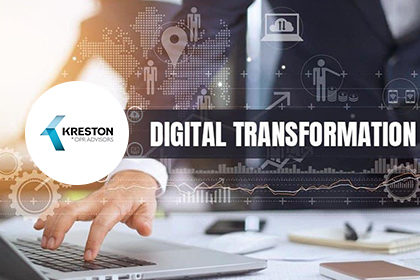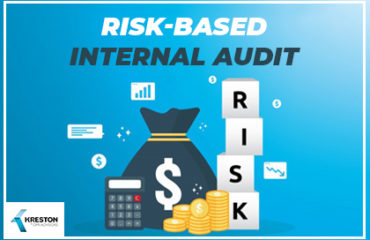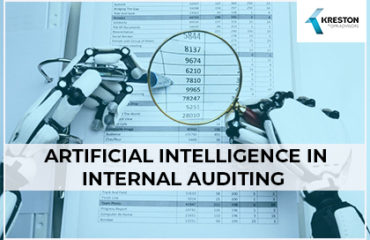
Micro, small and medium enterprises or MSMEs are an integral part of a country’s economy. In India, MSMEs don’t just support overall economic growth; they are strong drivers of the rural economy as well. Helping millions of households, MSMEs are playing an important role in socio-economic development in our time.
2020 is a year of unprecedented challenges for large and small businesses around the world. MSMEs in India have battled a lack of adequate finances, technological changes, and social distancing restrictions to emerge more robust and more adaptive to change as 2020 draws to a close.
One of the key trends witnessed across MSMEs in every industry is the adoption of digital accounting for small and medium businesses. With advanced accounting software offering cost-effective and customisable accounting methods, more and more MSMEs are looking to avail of it. Here’s a look at the reasons why digitalisation in accounting may be a good idea for MSMEs –
- Gives MSMEs financial prudence for better decision-making and risk mitigation.
- Gives an insight into the knowledge and international best practices.
- Faster accounting process with more efficiency
- Accuracy in accounting with a lesser margin for human error
- Detailed financial reporting
How are MSMEs embracing digitalisation in accounting?
- Leveraging Cloud Computing – Moving accounting data to the cloud is a smart move for MSMEs. Cloud computing not only saves money, but it also empowers the accounting system by allowing remote access to accounting data, faster processing, and book-keeping in real-time. It is the first step in towards full advantage of the collaboration potential in the cloud and to minimise potential cloud privacy risks for MSMEs. One of the best ways to leverage the power of cloud computing for accounting needs is for MSMEs to outsource their accounting work to accounting firms who are adept in digital accounting functions and technology.
- Accounting Software – A lot of MSMEs are opting for SaaS services, also known as Software-as-a-service for developing high-end software for the management of their accounts. With SaaS, MSMEs can get customised ERP systems that can streamline all their accounting records, make them accessible over the cloud, empower business analytics with RPA and Artificial Intelligence (AI) and even manage client transactions online. SaaS services are available at economical prices and help MSMEs create user-friendly products tailor-made to suit the accounting needs of the MSMEs.
- E-invoice – E-invoicing is a digitally enabled accounting system that allows an MSME to connect with their client’s accounting system and send e-invoices directly to the client accounting system through a secure network. It saves precious time and money that goes into manually handling invoices, payment reminders, and other administrative work. This frees up significant time and human resources for the MSME to focus on their core competencies.
Adopting accounting digitalisation is vital for MSMEs to gain higher efficiency in accounting procedures. It enables MSMEs to enhance their accounting abilities for ease in book-keeping, invoicing, auditing, and taxation processes. Besides, it is also essential for a business to develop timely financial insights and to stay ahead of the competition.



